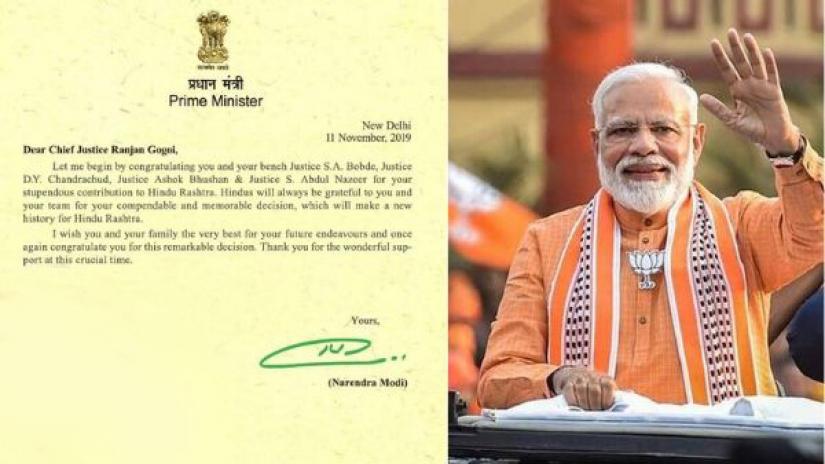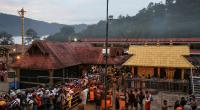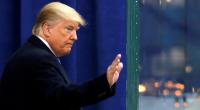 India has condemned the "malicious" and "fake" reports published by a section of Bangladesh media that Indian Prime Minister Narendra Modi congratulated the country's chief justice over the Ayodhya verdict.
India has condemned the "malicious" and "fake" reports published by a section of Bangladesh media that Indian Prime Minister Narendra Modi congratulated the country's chief justice over the Ayodhya verdict.
Indian foreign ministry spokesperson Raveesh Kumar said it was an attempt to undermine the friendship between people of India and Bangladesh condemning those responsible for deliberately spreading such fake news.
"We strongly condemn those responsible for deliberately spreading such fake and malicious news, to divide communities, create disharmony and undermine the friendship between the people of India and Bangladesh," Kumar tweeted on Wednesday (Nov 13).
The Indian High Commission in Dhaka, in a statement, too said the letter was "completely fake".
"It has come to the notice of the High Commission that a letter said to have been written by Prime Minister of India Narendra Modi to Chief Justice of India is being circulated in the local media," the High Commission said.
"This letter is completely fake and malicious. It is intended to mislead people in Bangladesh and create social disharmony," it said.
The High Commission said it was "most egregious" and "wrong" on part of those who are deliberately circulating fake and incorrect information to create misunderstanding about India in the public domain.
Several media in Bangladesh reported that Modi congratulated the Chief Justice Ranjan Gogoi over the Ayodhya verdict.
Bangla Tribune found that the so-called letter was tweeted by a Pakistani expatriate in the US. The fake letter claims Modi wrote to India's Supreme Court justices congratulating them for “contributing to Hindu Rashtra”.
On Saturday (Nov 9), the top Indian court awarded a bitterly contested religious site to Hindus, dealing a defeat to Muslims who also claim the land that has sparked some of the country’s bloodiest riots since independence.
The ruling in the dispute between Hindu and Muslim groups paves the way for the construction of a Hindu temple on the site in the northern town of Ayodhya, a proposal long supported by Modi’s ruling Hindu-nationalist party.
In 1992, a Hindu mob destroyed the 16th-century Babri Mosque on the site, triggering riots in which about 2,000 people, most of them Muslims, were killed across the country.
 International
International
41270 hour(s) 11 minute(s) ago ;
Morning 09:06 ; Wednesday ; Jul 02, 2025
India condemns media reports on 'fake Modi letter'
Send
Ranjan Basu, Delhi
Published : 19:49, Nov 14, 2019 | Updated : 19:52, Nov 14, 2019
Published : 19:49, Nov 14, 2019 | Updated : 19:52, Nov 14, 2019
0 ...0 ...
/hb/zmi/
Topics: Top Stories
- KOICA donates medical supplies to BSMMU
- 5 more flights to take back British nationals to London
- Covid19: Rajarbagh, Mohammadpur worst affected
- Momen joins UN solidarity song over COVID-19 combat
- Covid-19: OIC to hold special meeting
- WFP begins food distribution in Cox’s Bazar
- WFP begins food distribution in Cox’s Bazar
- 290 return home to Australia
- Third charter flight for US citizens to return home
- Dhaka proposes to postpone D8 Summit
Unauthorized use of news, image, information, etc published by Bangla Tribune is punishable by copyright law. Appropriate legal steps will be taken by the management against any person or body that infringes those laws.
Bangla Tribune is one of the most revered online newspapers in Bangladesh, due to its reputation of neutral coverage and incisive analysis.
F R Tower, 8/C Panthapath, Shukrabad, Dhaka-1207 | Phone: 58151324; 58151326, Fax: 58151329 | Mob: 01730794527, 01730794528


